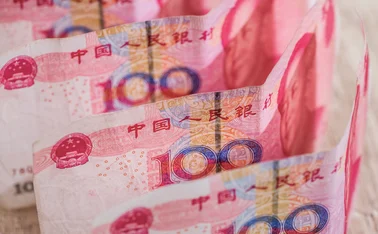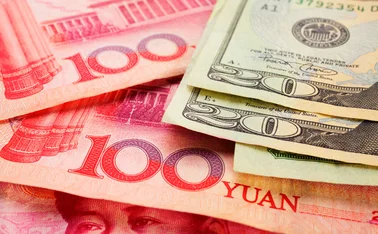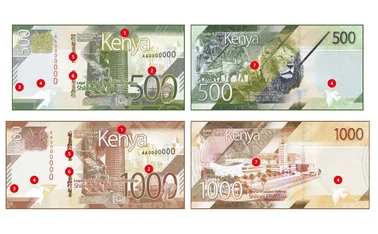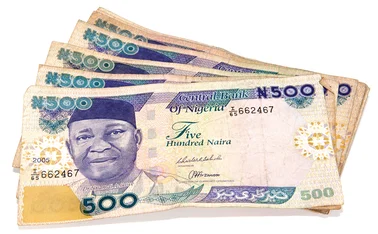
Book notes: The power of money, by Robert Pringle
Economists would benefit from reading this “remarkable” book about money’s historical and social roles
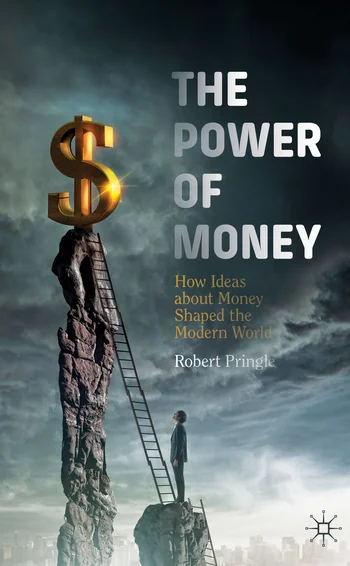
Robert Pringle, The power of money: how ideas about money shaped the modern world, Palgrave Macmillan, 2019, 300 pages
When Richard Dawkins published The god delusion in 2006, it was fêted by intellectuals who heard their views echoed in the author’s diagnosis of organised religion as “the great unmentionable evil at the centre of our culture”.
Yet Dawkins’ critique proved unnecessary. The western world had bought into evidence-based rationality. It had bought into science. The true threat lay elsewhere. And was wholly missed.
“Dawkins cursed people for their blind trust in God. But it was blind trust in money and its guardians that was to drown the hopes of a generation,” says Robert Pringle in one of the most brilliant essays in his remarkable new book.
“Under the influence of the new culture, people were led to believe that the market is superior to other mechanisms for co-ordinating social life. Obstacles that stood in the way of efforts to apply such an outlook should be cleared. Against such a powerful ideology, traditional norms of solidarity and community could only offer feeble resistance.”
Money is what money does. This is a story of when money doesn’t.
Two years after Dawkins published his book, the collapse of Lehman Brothers was to fundamentally alter the way in which we viewed money. In the wake of the global financial crisis, we have seen the rise of populism, the advent of bitcoin and the slaughtering of many of the cows hitherto seen as sacrosanct.
Pringle argues persuasively that all these trends point to one thing: the money that we’ve made no longer fits the purpose for which it was designed. It was supposed to reflect society’s wants, yet the mirror has smashed into pieces.
The author’s vision of money is far broader than that of the economist who sees it as little more than a thing to grease the wheels of the economy. For Pringle, it is a historical and social phenomenon, as much as an economic one. He invokes the German concept of Weltanschauung, a world view, a way of life, to convincingly persuade us that money’s many guises reflect the climate in which they arise.
In polite circles in the 1970s, it was still outrageous to suggest that market forces could be morally superior to state provision. But within a few years, society would place an astonishing degree of trust in money
Robert Pringle, The power of money
The first part of the book looks at the myriad roles money plays under the various political systems that slugged it out for global dominance during the 20th century. It is not so much a potted history as a peek into how these societies have made money work for them. Under totalitarian socialism, we see the revival of the money-haters, the ideas of which – somewhat ironically for Marxists – stem from early Christian thought and St Paul’s condemnation of the love of money. How do you construct an economy where the end goal is to remove the need for money? We have the US Jazz Age, where money enables desire, and which “would show the world that money, imaginatively used, could fuel capitalism”. Later, there’s the US’s unrivalled dominance of the global monetary order during the latter half of the 20th century – a dominance that, despite the crisis, still holds into the 21st.
In the middle lies western Europe.
We learn of the role the disastrous Weimar regime had on shaping German values. To this day, those values remain far more grounded in a commitment to “sound money” and low inflation than those of their counterparts with which they now share a common currency. In Britain, money changes as the values of society shift from solidarity to individualism – a movement that, in Margaret Thatcher, found its talis(wo)man.
“In polite circles in the 1970s, it was still outrageous to suggest that market forces could be morally superior to state provision,” writes Pringle. “But within a few years, society would place an astonishing degree of trust in money … Soon, the British would hear a prime minister declare ‘there is no alternative’ to the market. The ideas had germinated long enough; now, they would bear fruit. It was time to unleash the power of money.”
From money’s present, we learn about its symbiosis with art, on the lessons offered from the far more communitarian culture of Japan, and on the clumsy way in which the central banks have handled the rise of crypto.
These glimpses are brilliantly written snapshots that, when taken in their entirety, give us the sense that, in democracies at least, we tend to get the money we deserve. The book ought to be read by anyone with an interest in history, politics or society. Economists would benefit, too, from Pringle’s far more thoughtful dissection of what money actually is and actually does than their textbooks often present.
Indeed, The power of money is the sort of book that I wish that I had chanced upon as an undergraduate. It is a ripping yarn, it is eye-opening – it is also somewhat terrifying. With our society so divided, so in flux, there are no easy answers about where money’s future will lie. Will it be a stabilising force, bringing us back to a social consensus? Or will it catalyse the divisions that have become emblematic of the post-crisis age? Will the ‘jealous God’ of the modern state find itself usurped by private money?
The author wants money to have a “natural ethic”, and “be linked in a productive and harmonious way with the earth, with nature”. Yet his aim is not to set out a definitive vision. Only to remind us that money is not fixed, but forever in flux – and that, while “it has lost its bearings”, it will be reset again, coined in yet another mould.
Only users who have a paid subscription or are part of a corporate subscription are able to print or copy content.
To access these options, along with all other subscription benefits, please contact info@centralbanking.com or view our subscription options here: www.centralbanking.com/subscriptions
You are currently unable to print this content. Please contact info@centralbanking.com to find out more.
You are currently unable to copy this content. Please contact info@centralbanking.com to find out more.
Copyright Infopro Digital Limited. All rights reserved.
As outlined in our terms and conditions, https://www.infopro-digital.com/terms-and-conditions/subscriptions/ (point 2.4), printing is limited to a single copy.
If you would like to purchase additional rights please email info@centralbanking.com
Copyright Infopro Digital Limited. All rights reserved.
You may share this content using our article tools. As outlined in our terms and conditions, https://www.infopro-digital.com/terms-and-conditions/subscriptions/ (clause 2.4), an Authorised User may only make one copy of the materials for their own personal use. You must also comply with the restrictions in clause 2.5.
If you would like to purchase additional rights please email info@centralbanking.com
